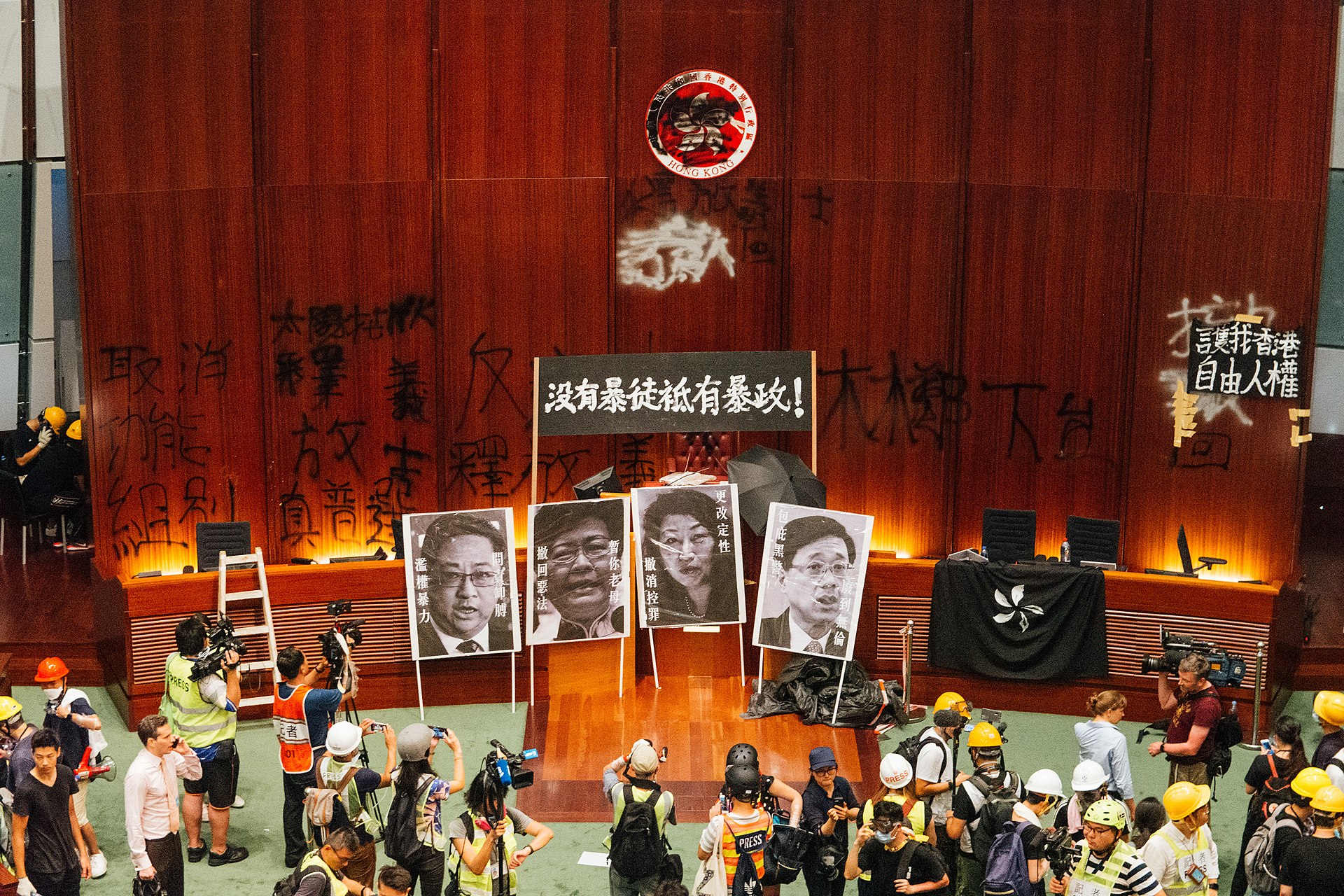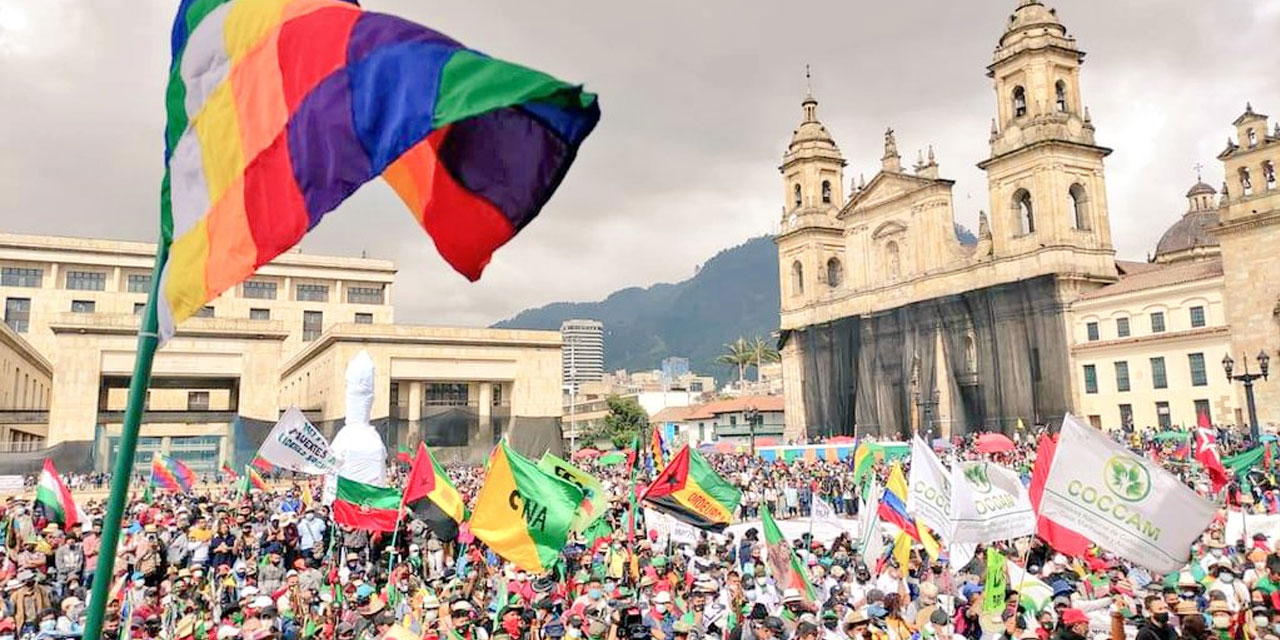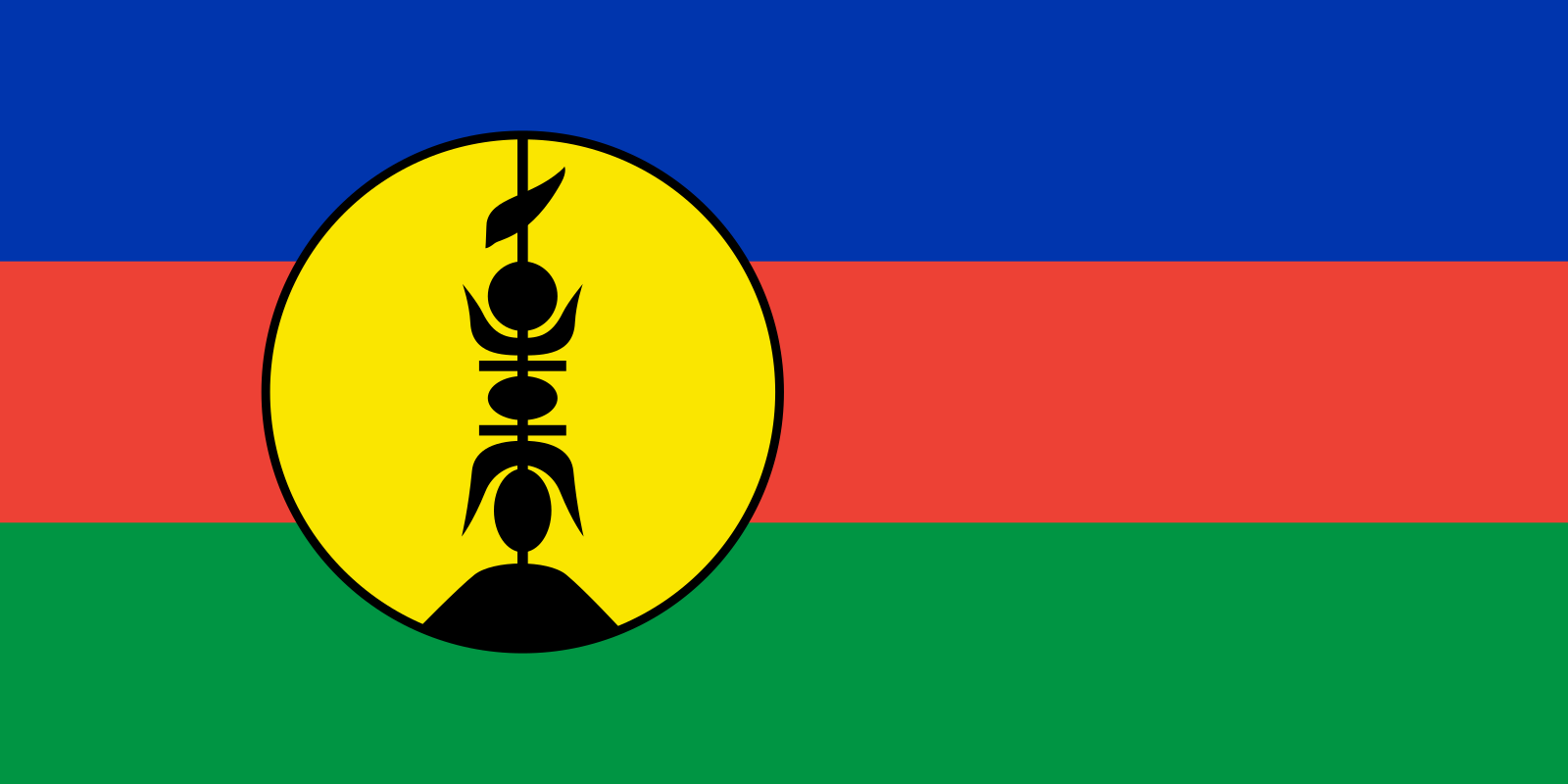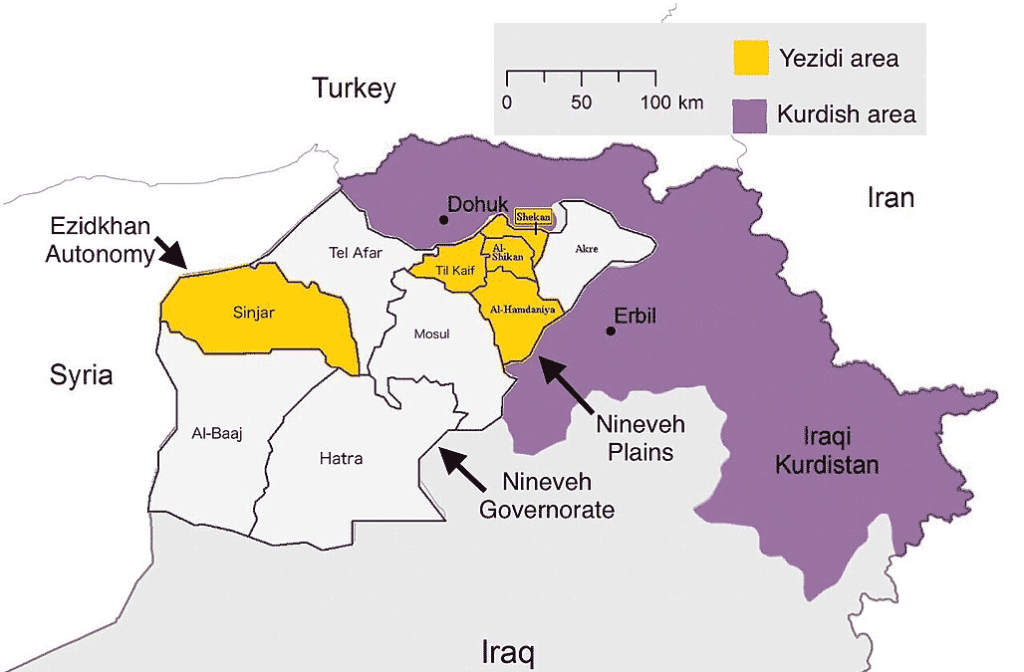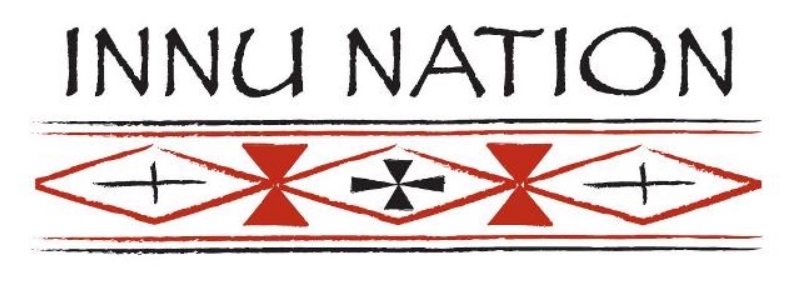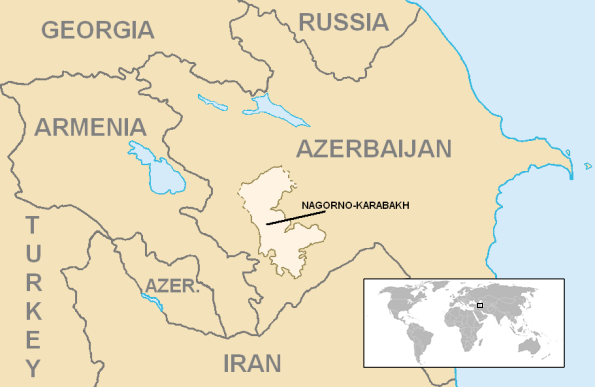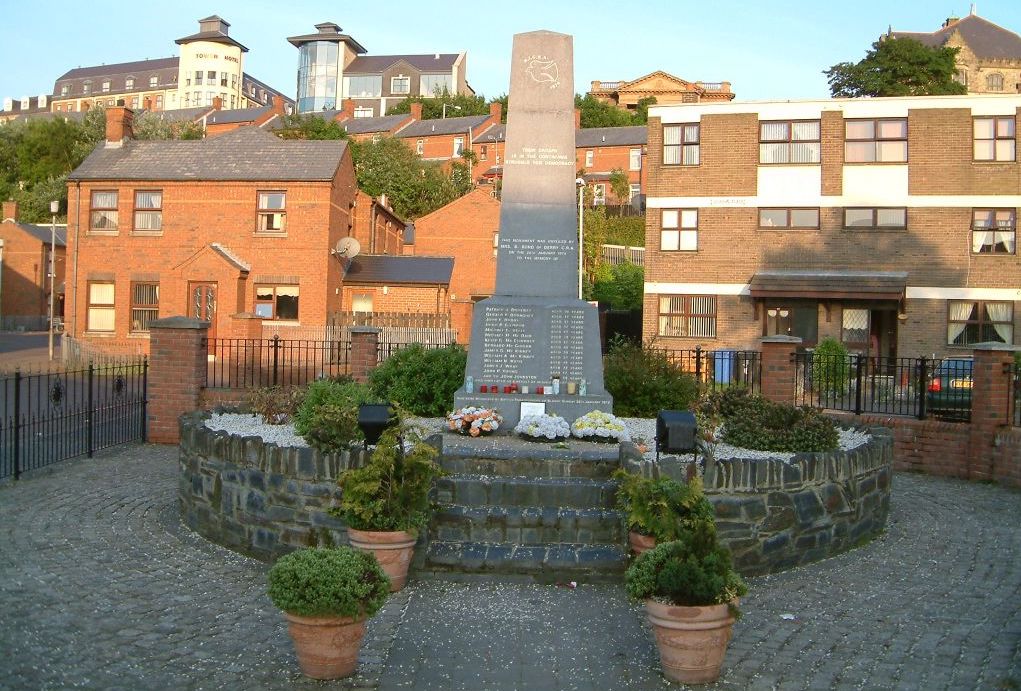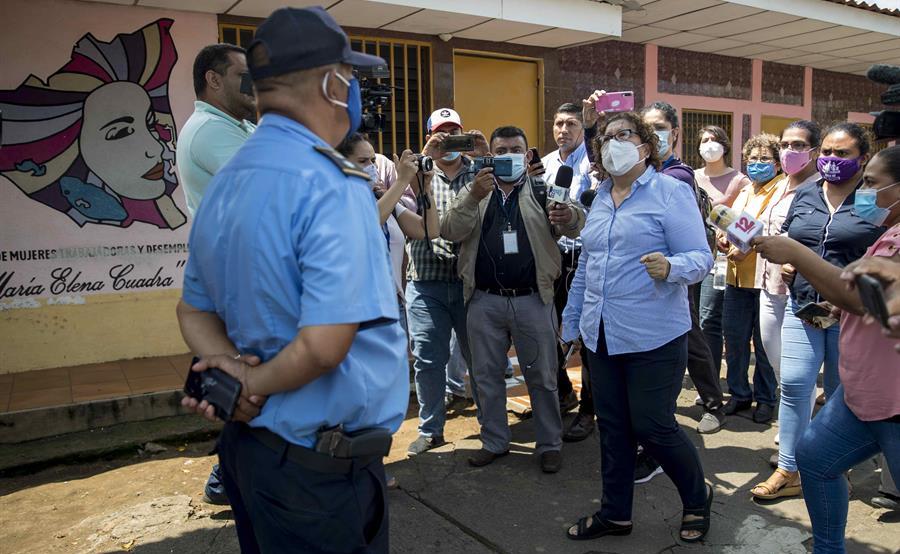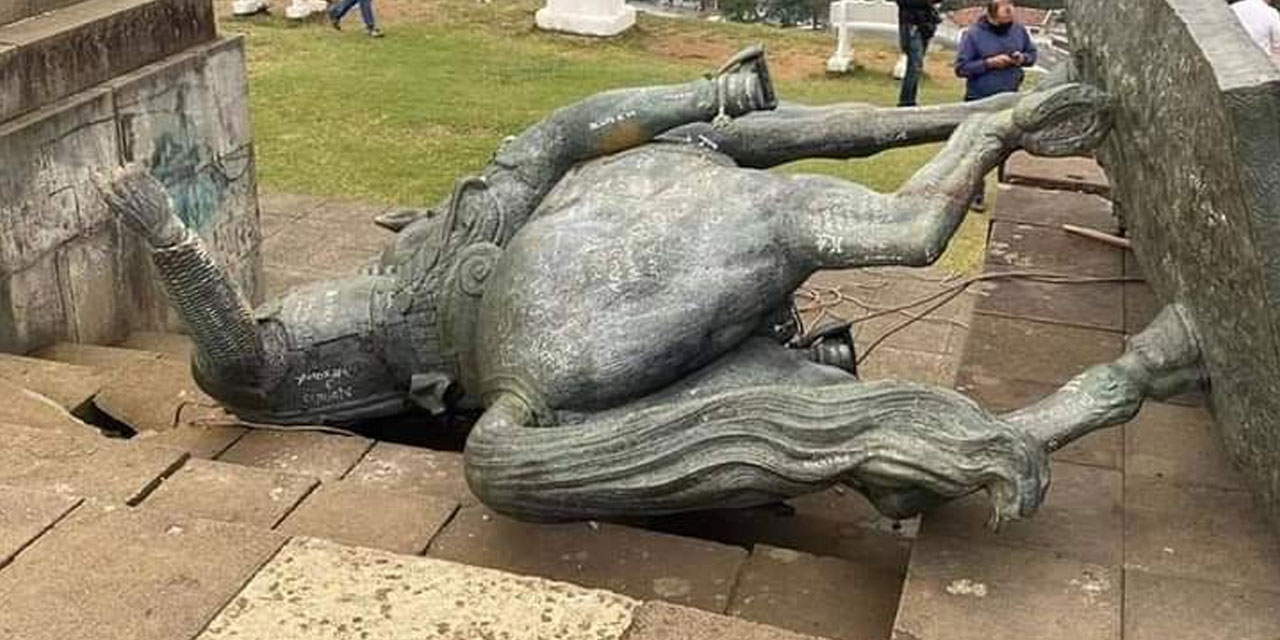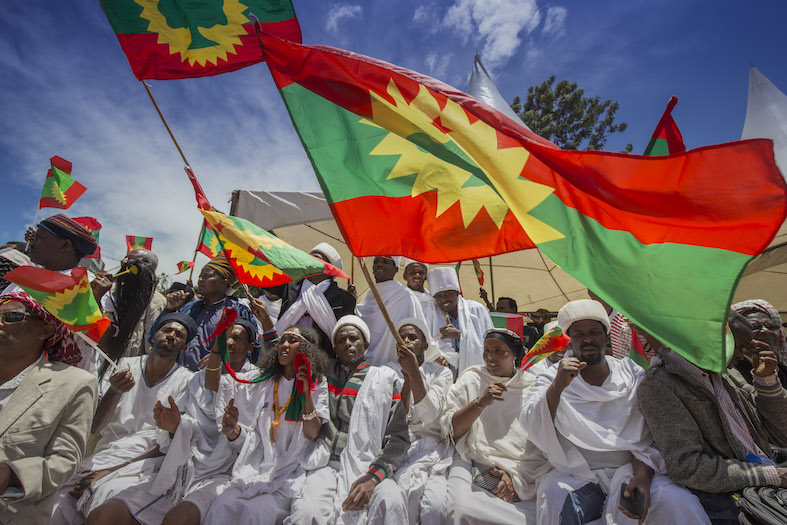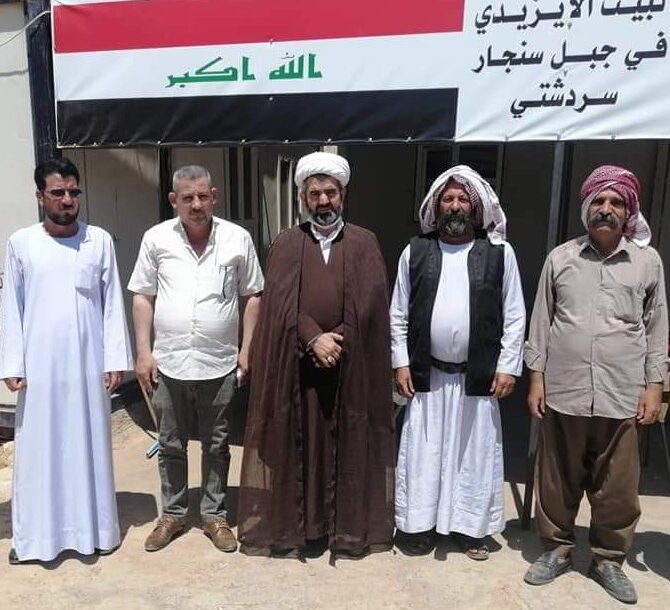
Ghana: repression in Western Togoland
Tensions have been growing in Ghana since late September, when militants of the Western Togoland Restoration Front erected armed roadblocks on arteries into the country’s eastern Volta region, and declared the secession of the territory as the independent state of Western Togoland. Security forces shortly cleared the roadblocks. But some 60 members of the Homeland Study Group, a nonviolent civil organization calling for independence for Western Togoland, were immediately arrested in sweeps. They were later ordered released by a judge, but one of the detained reportedly died in police custody. (Photo: ISS Africa)



